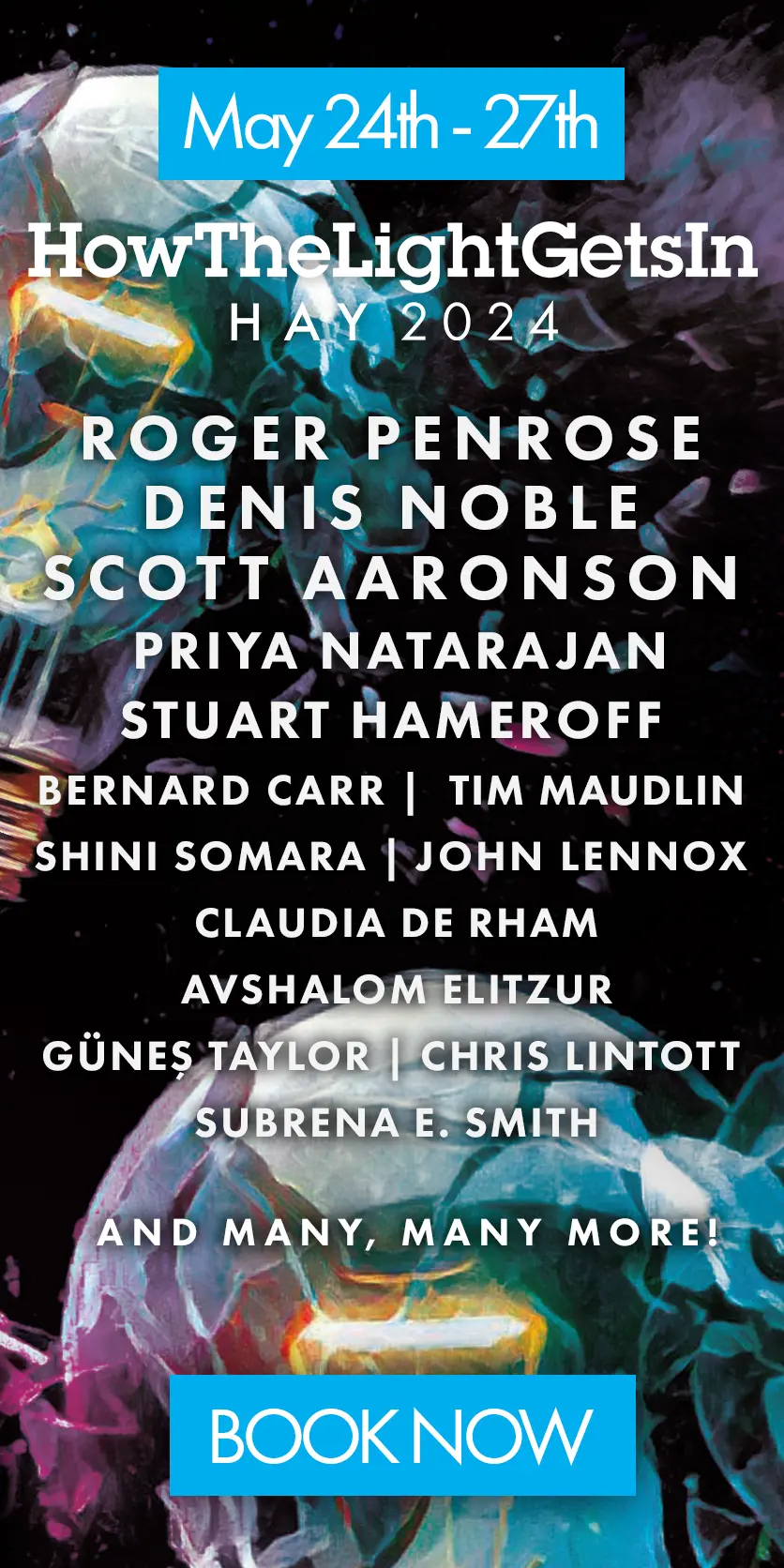We live in a society with a powerful aversion to silence; with an anxiety of not having something said, or anything to say. Silence is feared and equated with emptiness, meaninglessness, nothing.
Muzak is, of course, omnipresent. Phones and iPods create a bubble of noise around every individual, keeping the outside world out and starving the inner world of space. If the radio or TV falls silent, it suggests a fault, at best, and possibly global disaster.
Twenty-four hour news, too, cannot tolerate any gaps. You see it particularly during election campaigns, as we are suffering in the UK at the moment. For our wannabe leaders, to be caught off-guard in front of a camera is career-threatening. Alastair Campbell, Tony Blair's spin doctor, famously filled the political day and night with “the grid”. That's become the norm. It's noise as a means of control. "Silence is regarded as a sort of sin now, and it has to be filled with a lot of gossip and sound bites," Douglas Hurd, the politician and novelist, has written.
Or think about silence and friendship. It used to be said that a best friend is a person with whom you can be silent. No embarrassment, no irritation. Today, a best friend is someone with whom you are in constant contact, texting and messaging as automatically as breathing.
Research suggests that there is a connection between the wealth of a society and the levels of noise within it. A project at Sheffield Hallam University tracked the levels of noise in the UK for a number of years. It is rising – in Sheffield city centre, for example, by three decibels in ten years. Officially 125 million Europeans suffer from noise above the recommended guidelines, according to the UK Noise Association, and this is almost certainly an underestimate.
Is today’s lack of silence is a deeper, cultural issue? Diarmaid MacCulloch, professor of the history of the church at Oxford University, argues that our suspicion of silence has religious roots. In the second and third centuries AD, ecclesiastical authorities became suspicious of a group known as gnostikoi. They were Christians who claimed that God is most fully known as unknowable, and so therefore in silence. The authorities, who felt the need to shape what believers believed, branded these Gnostics as heretics and cast them out of the fold. The problem was compounded in the next century when the emperor Constantine converted to Christianity. Belonging to the church meant having access to secular wealth and power, so now what you thought was of political importance too. Thereafter, western rites included creeds and confessions that had to be audibly rehearsed. They policed who was in and who was out.
The logic was that that the inner life, left alone, foments heresy and subversion. The legacy of this tradition is that, today, most western churches do not practice silence. I suspect that this explains part of the appeal of mindfulness meditation: where else can you find and grow in silence? Silence is now also routinely associated with dissent and protest. Think of the tradition that runs from the Quakers to the use of silence by the Occupy protestors.
Alternatively, the Christian legacy seems to have shaped powerful scientific traditions too, such as empiricism or behaviourism. They work on the principle that if manifest evidence – scientific noise – cannot be produced in support of a theory or experience, then the theory or experience is either extraneous or deluded. Silence is treated as meaningless.
Does this matter? I think it does. I know a monk. He spends the majority of his day not talking. His aim is to live in quietude. Not talking has intrinsic value since it is then that he is able to listen to his inner tribulations and for the "still, small voice of God". To put it in secular terms, silence is necessary in order better to perceive and understand things.
To introduce some silence into your life is, therefore, a radical reorientation of your life, from one of possession by articulation to one of reception by waiting, watching, wanting. As Thomas Carlyle wrote: "Under all speech that is good for anything there lies a silence that is better. Silence is deep as Eternity; speech is shallow as time."
That, then, might be the most profound worry about rising noise levels and the strangeness of silence: it stops us thinking; it stops us experiencing. We must relearn to allow our minds to "move upon silence", to recall W.B. Yeats's lovely phrase.
Image credit: Patrik Theander

















Join the conversation